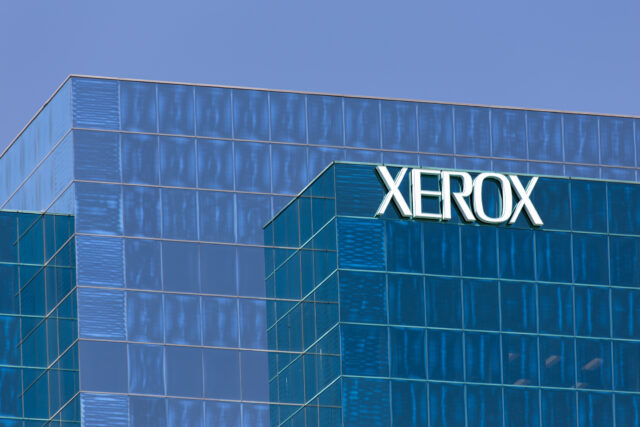Xerox completes $1.5 billion Lexmark acquisition to boost print business

Seven months after it was first announced, Xerox Holdings Corporation says it has finalized its acquisition of Lexmark International in a $1.5 billion deal. The transaction, which includes net debt and assumed liabilities, closed on July 2, 2025. This move is part of Xerox’s broader efforts to evolve its business in a bid to stay relevant as work environments continue to shift in a post-Covid world.
The deal brings together two print giants with long-standing reputations in the industry.
Founded in 1906, Xerox is still best known for its pioneering office photocopiers but in more recent times successfully expanded into managed print services and workplace solutions.
Lexmark, formed in 1991 as a spin-off from IBM, built its reputation on reliable laser printers, print management software, and strong service across industries like healthcare and finance.
“We've long admired Lexmark’s strong print and managed print services reputation, robust client and partner base, and global presence,” said Steve Bandrowczak, CEO of Xerox. “Over the years, we’ve built a collaborative partnership, and today, we take our business to the next level.”
Post-acquisition roles
Bandrowczak will remain on as Xerox’s CEO, while Allen Waugerman, who served as CEO of Lexmark, has now stepped down following the deal’s closure.
“Today is a pivotal moment for Xerox and Lexmark as these two great companies combine to shape the future of the printing industry,” he said. “Leading Lexmark has been an incredible opportunity, and I look forward to the accomplishments that lie ahead.”
The newly merged company’s leadership team will include executives from both Xerox and Lexmark. It will have over 200,000 clients across 170 countries, with operations spanning 125 manufacturing and distribution sites across 16 countries.
Xerox says the deal strengthens its core business, and expands both reach and customer base.
“With the acquisition of Lexmark, Xerox now stands among the top five in every major print segment,” said Bandrowczak. “The transaction accelerates our Reinvention by improving our mix of revenue from growing markets.”
For customers, it is expected the merger will deliver a wider range of products, stronger service coverage, and more integrated solutions.
What do you think the impact of this merger will be? Do you see it as a good thing or will it reduce customer choice? Let us know in the comments below.
Image Credit: Ken Wolter / Dreamstime.com
